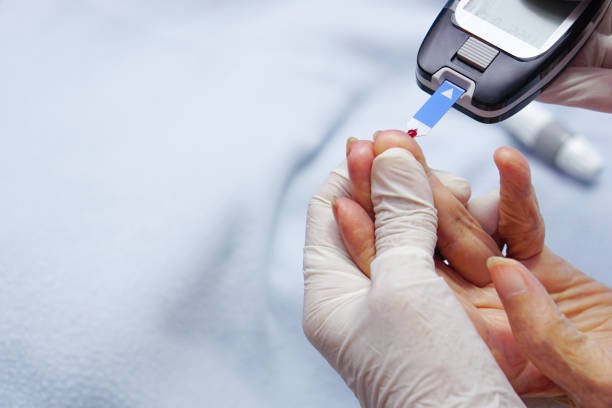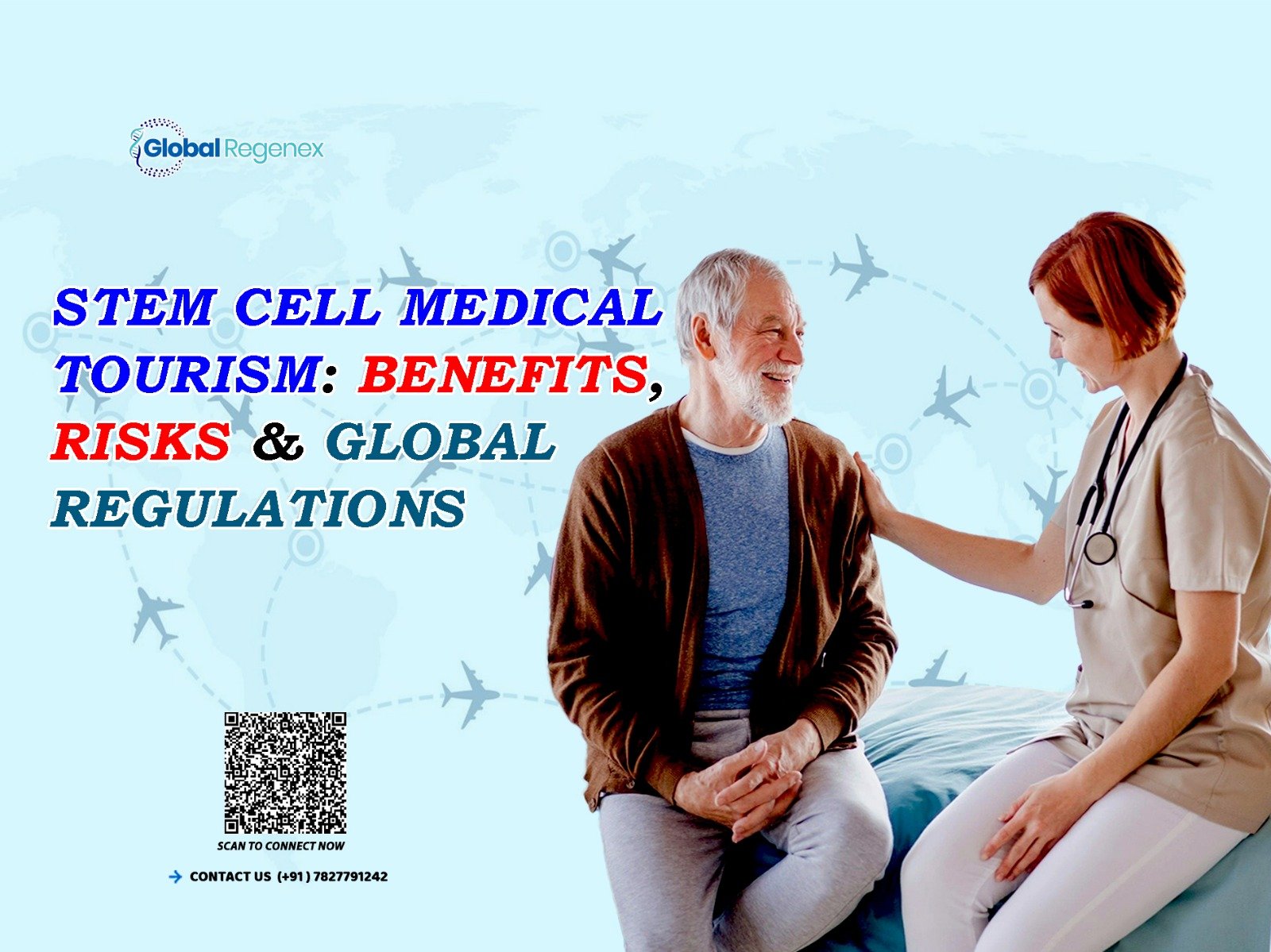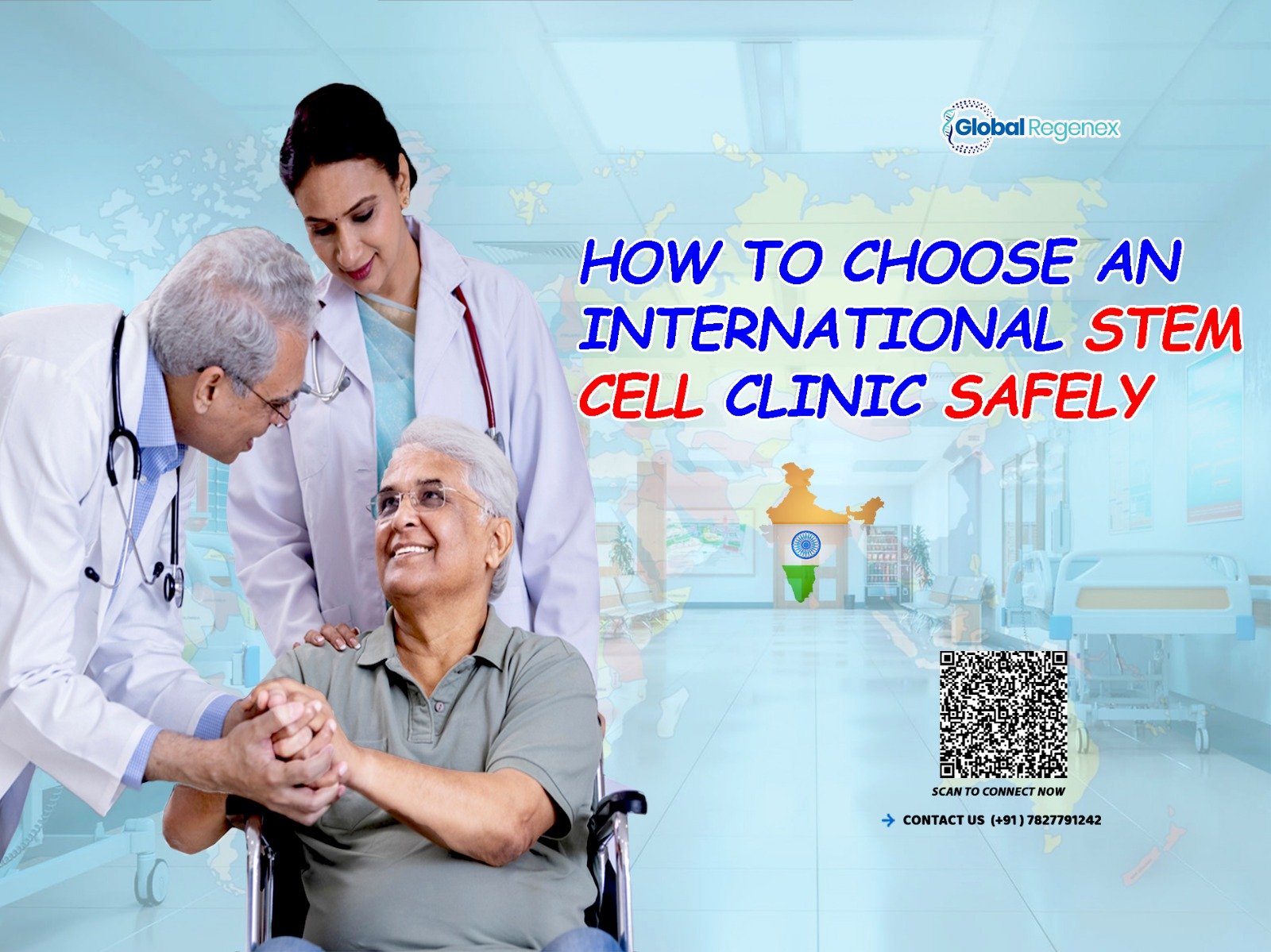
Early clinical trial results indicate that an experimental stem cell therapy that restores insulin production may be a successful cure for some type 1 diabetic patients.
Following a full dose of the gene therapy, known as VX-800, seven out of twelve patients no longer required daily insulin shots, according to research presented Friday at the annual meeting of the American Diabetes Association in Orlando, Florida.
According to the results, the other two required roughly 70% less insulin per day to maintain stable blood sugar.
“This encouraging result contributes to the increasing amount of proof that VX-880 has the potential to transform the way type 1 diabetes is treated completely,” stated researcher Dr. Piotr Witkowski, who oversees the University of Chicago’s pancreatic and islet transplant program.
Insulin production is insufficient in people with type 1 diabetes, making blood sugar fluctuations uncontrollable. When the immune system unintentionally attacks and targets the insulin-producing islet cells in the pancreas, type 1 diabetes results.
The mechanism of action of VX-880 is the introduction of new islet cells derived from stem cells, the goal of which is to restore pancreatic function.
Twelve individuals with poorly controlled type 1 diabetes were enrolled in the early-stage clinical trial by the researchers.
Each had an average hemoglobin A1C of 7.8%, which is higher than normal and indicates a higher risk of complications from diabetes.
Additionally, they had used roughly 40 units of insulin per day to try and stabilize their blood sugar after suffering from severe hypoglycemia two to four times in the previous year.
Based on the results, all 12 patients had a single infusion of VX-880, which eliminated severe hypoglycemic events and brought their hemoglobin A1C levels below 7%.
Researchers came to the conclusion that the islet cells derived from VX-880 stem cells function similarly to an individual’s own islet cells.
The trial has been expanded to include 37 participants in total according to researchers.
According to a press release from the meeting, Witkowski stated “We hope to see this treatment become a pivotal development in type 1 diabetes care.”
These results should still be regarded as preliminary until they are published in a peer-reviewed publication because they were presented at a medical meeting.









